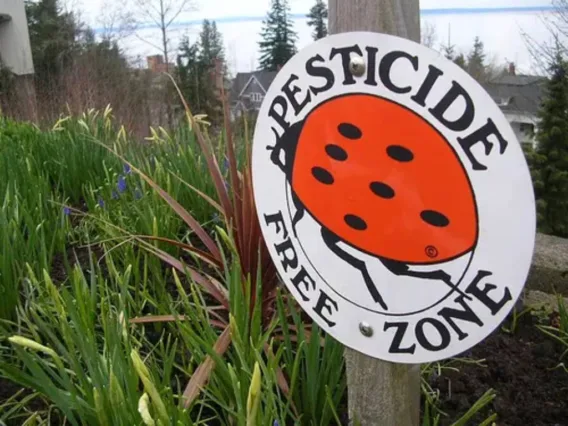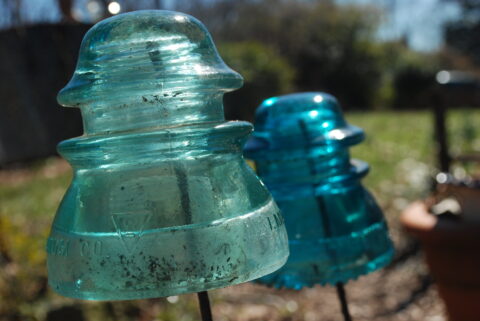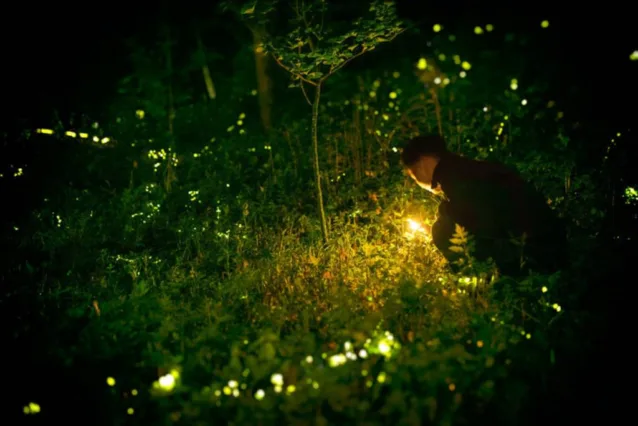Organic gardening is an entirely different way of life.
However, even if you’re not willing to take the plunge into a completely organic Earth-friendly lifestyle, there are still some steps you can take in your home garden to minimize your impact on the environment.
Insect, Weed & Soil Control
Many gardeners rely on:
- pesticides to kill insects
- herbicides to kill weeds
- fertilizers to amend poor soil
But all 3 of these have a negative impact on the environment!
Pesticides and herbicides especially get into the food chain, working their way up through insects to birds and rodents and harming the balance of your local ecosystem.
Fertilizers often leach off and pollute the water, damaging the harmony there.
The Best Organic Alternatives
Fortunately, there are simple steps you can take to do away with pesticides, herbicides, and fertilizers:
- Pesticides. Insects in the garden are often a huge concern. But in fact, they need not be as big a deal as they are. If your garden is in good health, then bugs are less likely to be able to damage or kill your plants. For those insects that truly are voracious, consider using an organic alternative to pesticides (such as a soap and water spray) or introducing natural predators (such as ladybugs or praying mantis) into your garden.
- Herbicides. The best way to get rid of weeds without resorting to herbicides is, of course, to pull them by hand. But for those who would rather enjoy a garden without so much work, mulch is your best bet. Bark mulch spread 6 to 8 inches deep will keep 99% of weeds from being able to grow. Those that do can be easily pulled in just a few seconds. Mulch should be spread in the spring and fall whenever possible (3 to 4 inches in the spring, and 3 to 4 inches in the fall).
- Fertilizer. If you can get it, manure from a local farm is an excellent replacement for petroleum-based fertilizers. Be sure to check your local regulations. Some areas frown on the use of manure as a fertilizer. And, improperly spread, manure can be as harmful to the watershed as petroleum-based fertilizers. Properly spread, however, and lightly composted before planting, it works wonders for the sluggish garden. A slightly safer and more generally accepted soil amendment is recycling kitchen scraps via a compost pile, compost tumbler, or worm factory:
- A compost pile in the garden is the easiest and cheapest way of composting kitchen scraps, but don’t put bones or fat (or any animal product, for that matter) into it, or it may start to smell.
- A compost tumbler is easy to use, and some “hot” tumblers will allow you to compost animal products, but it’s also a bit more expensive.
- A worm factory turns out the best soil, thanks to the worm castings and aeration. But it’s the most complicated of the 3 methods, since it has to have the proper mix of kitchen scraps and dry material (such as grass clippings, leaves, or mulch) and the trays must be rotated as the worms finish their current tray and move upwards.
As you can see, replacing your current harmful practices need not be difficult.
Nature has already provided means of keeping your garden free of weeds, keeping insects under control, and nurturing your soil.
All you have to do is be willing to change the way you think about gardening!
I like reading, gardening, and writing about lots of different topics. I’m always scribbling down ideas at weird times and in weird places.







